When retired Judge J. Michael Luttig took to the airwaves on MeidasTouch’s “Legal AF” show, he didn’t hold back.
He labeled the Supreme Court’s decision to grant immunity to former President Donald Trump as “abominable,” criticizing it for undercutting the rule of law, a cornerstone of American justice.
A Threat to the Core of American Values
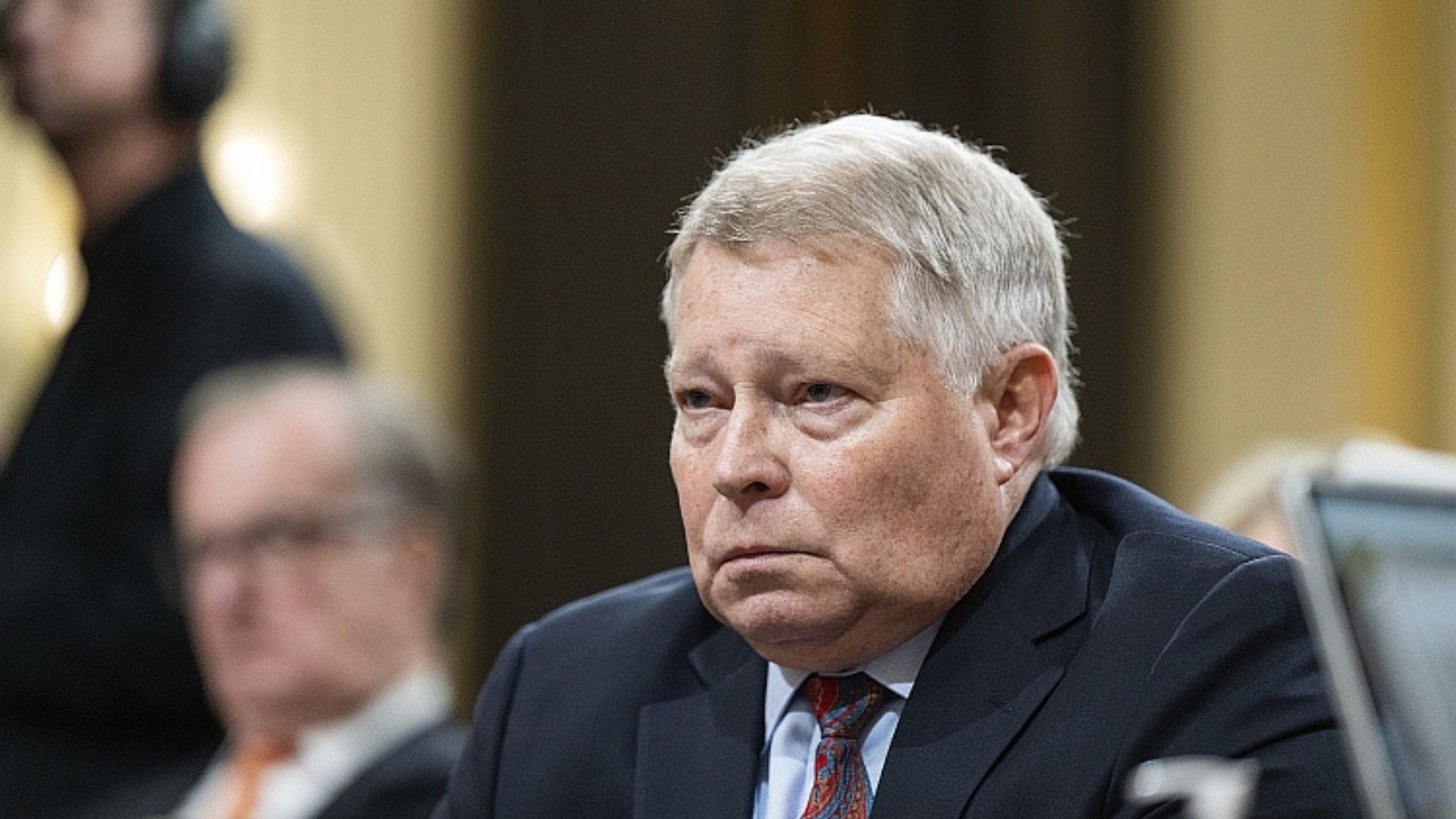
During his appearance, Judge Luttig voiced his fears about what this decision could mean for the country.
He said, “The Supreme Court cut the heart and soul out of America with this abominable decision, of constitutional interpretation or, should I say, so-called constitutional interpretation.” It’s clear Luttig sees this as a pivotal, perilous change.
A Pillar of American Justice Under Fire
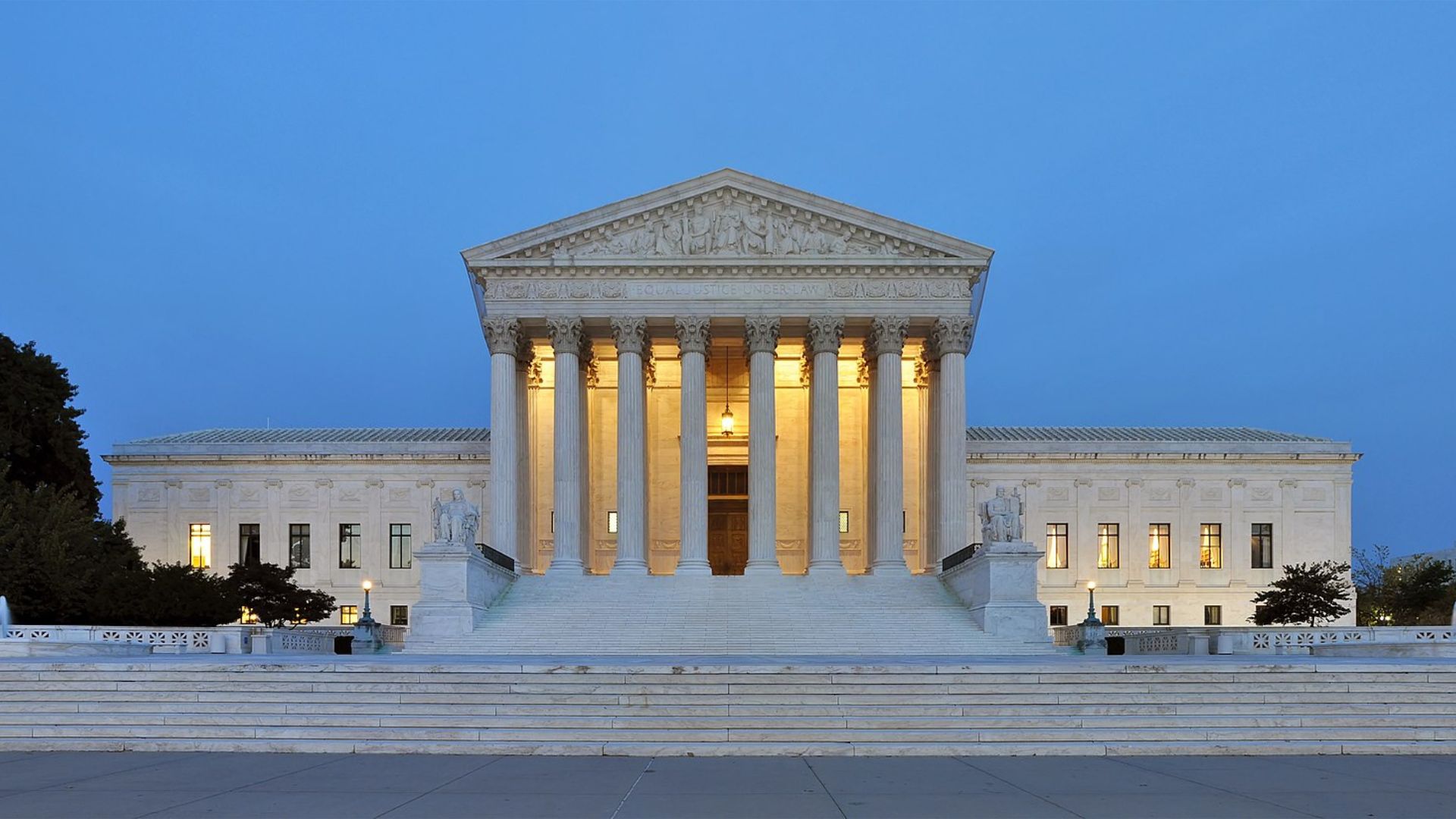
“The defining maxim, if you will, of Americans, since its founding, has been that in America, no man is above the law. That can never be said about America again, after Monday’s decision by the Supreme Court,” Luttig declared.
This spotlights the fundamental American belief now in jeopardy.
Esteemed Conservative Judge Raises Alarm
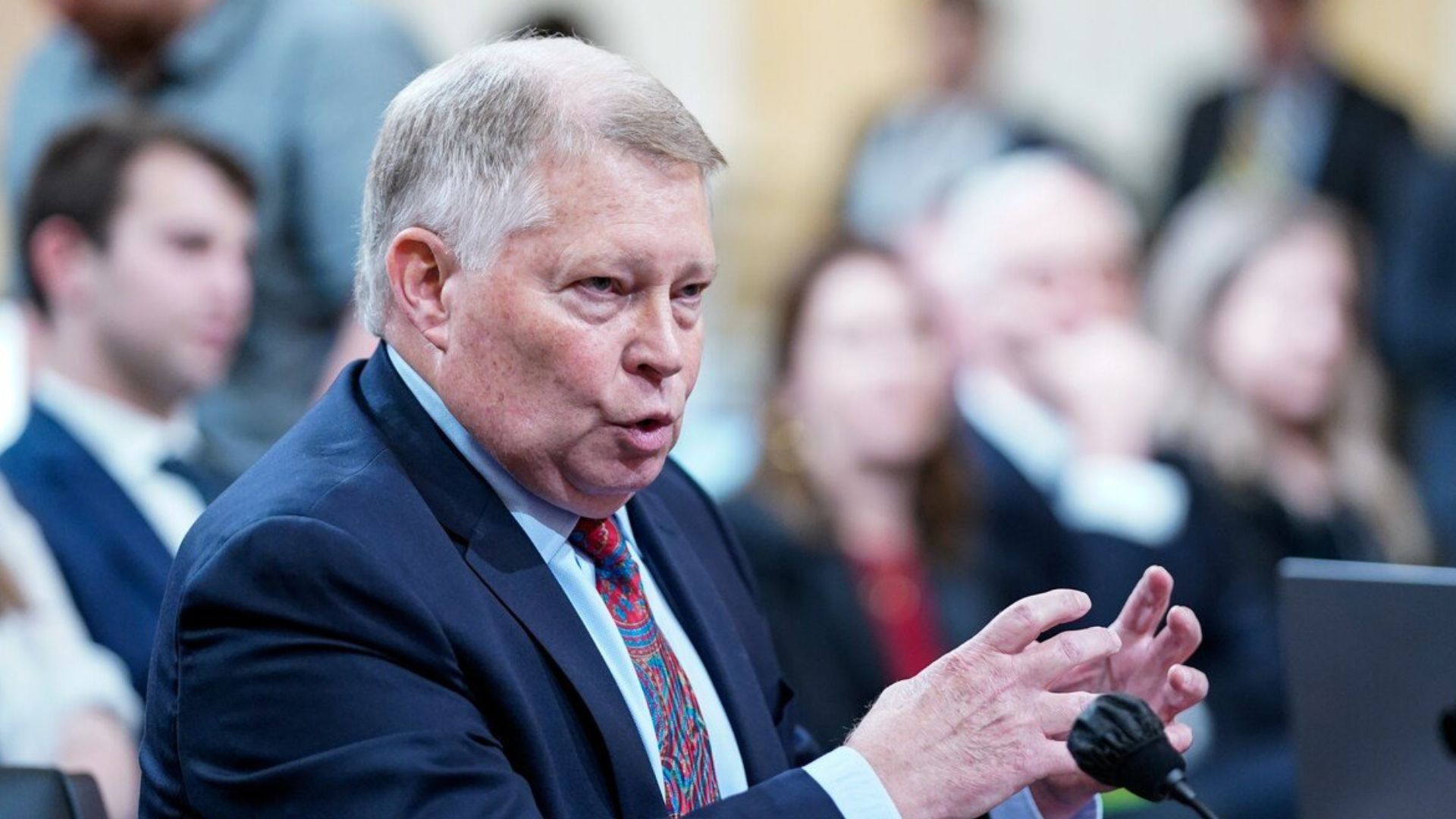
Appointed by George W. Bush, Judge Luttig has long been a formidable figure in conservative judicial circles.
His stern critique of the recent Supreme Court decision demonstrates its divisiveness and potential far-reaching effects, given his influential conservative pedigree.
CIA’s Ex-Director Rings Alarm Bells
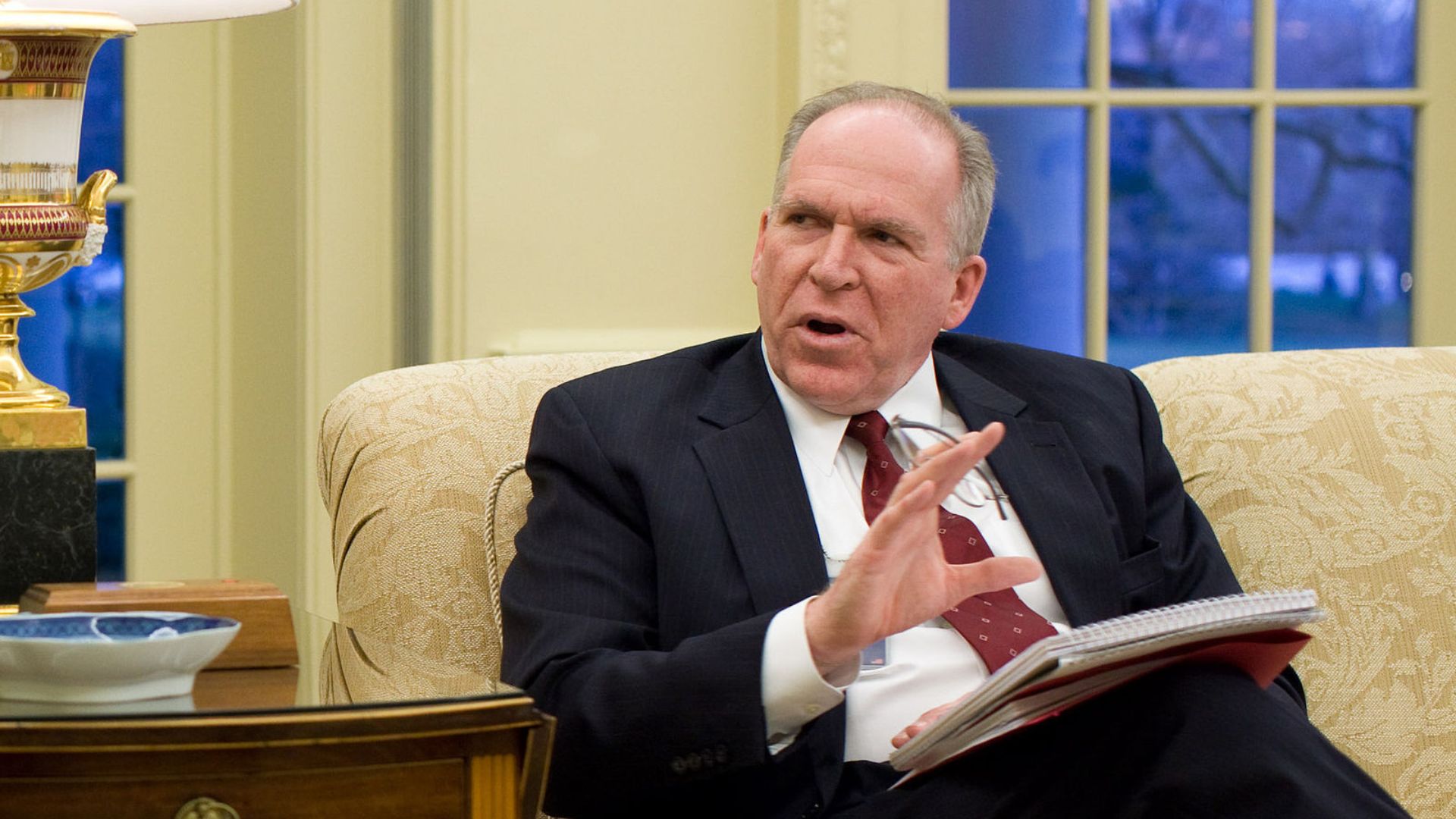
John Brennan, the former CIA Director under Barack Obama, echoed Luttig’s concerns. Writing in an MSNBC opinion column, he called the ruling “breathtaking” and warned of “dangerous implications for our nation’s future.”
This is not just a minor ruling; it’s one with potentially grave consequences.
Echoes of the Past in Brennan’s Warning
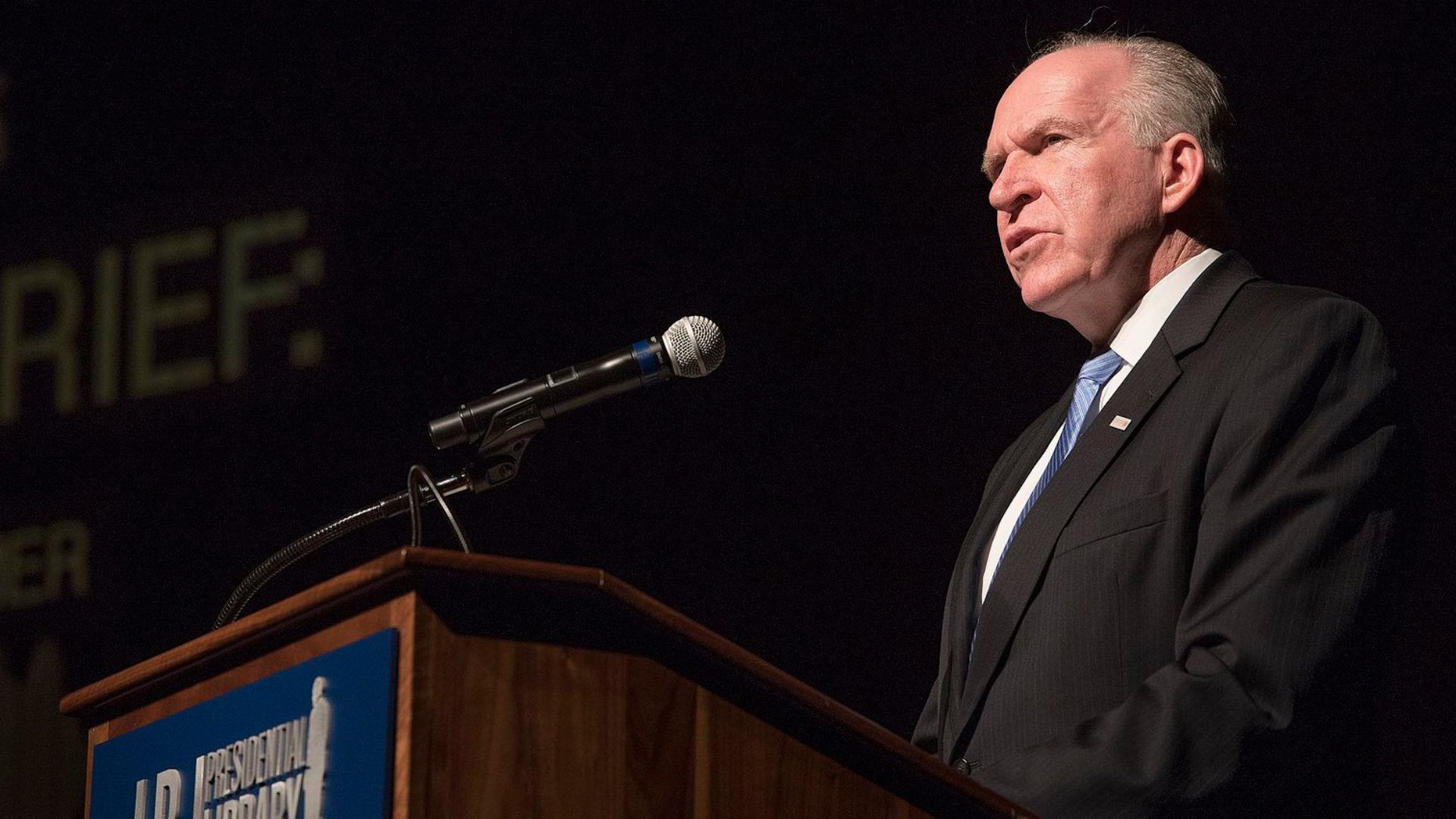
Brennan sharply critiqued the ruling by stating, “King George III would be pleased.”
This reference to the tyrannical monarch of Britain during the American Revolutionary War highlights his view of the ruling as a step back towards autocracy.
Rifts Appear Among Justices
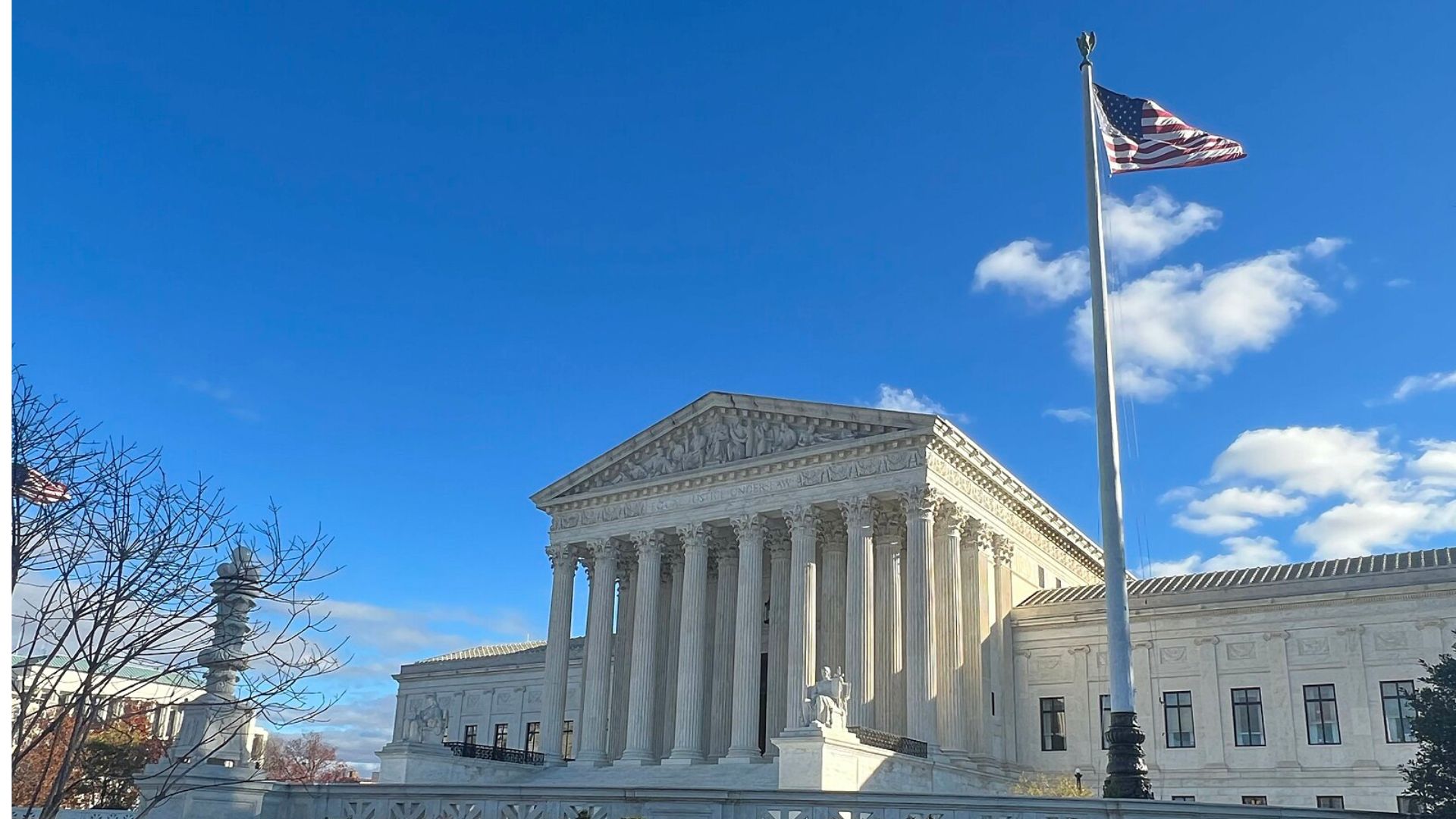
The Supreme Court itself seems divided over this decision.
Chief Justice John Roberts responded to concerns echoed in Justice Sonia Sotomayor’s dissent, which criticized the ruling’s “tone of chilling doom that is wholly disproportionate to what the Court actually does today.”
Sotomayor’s Dissenting Opinion
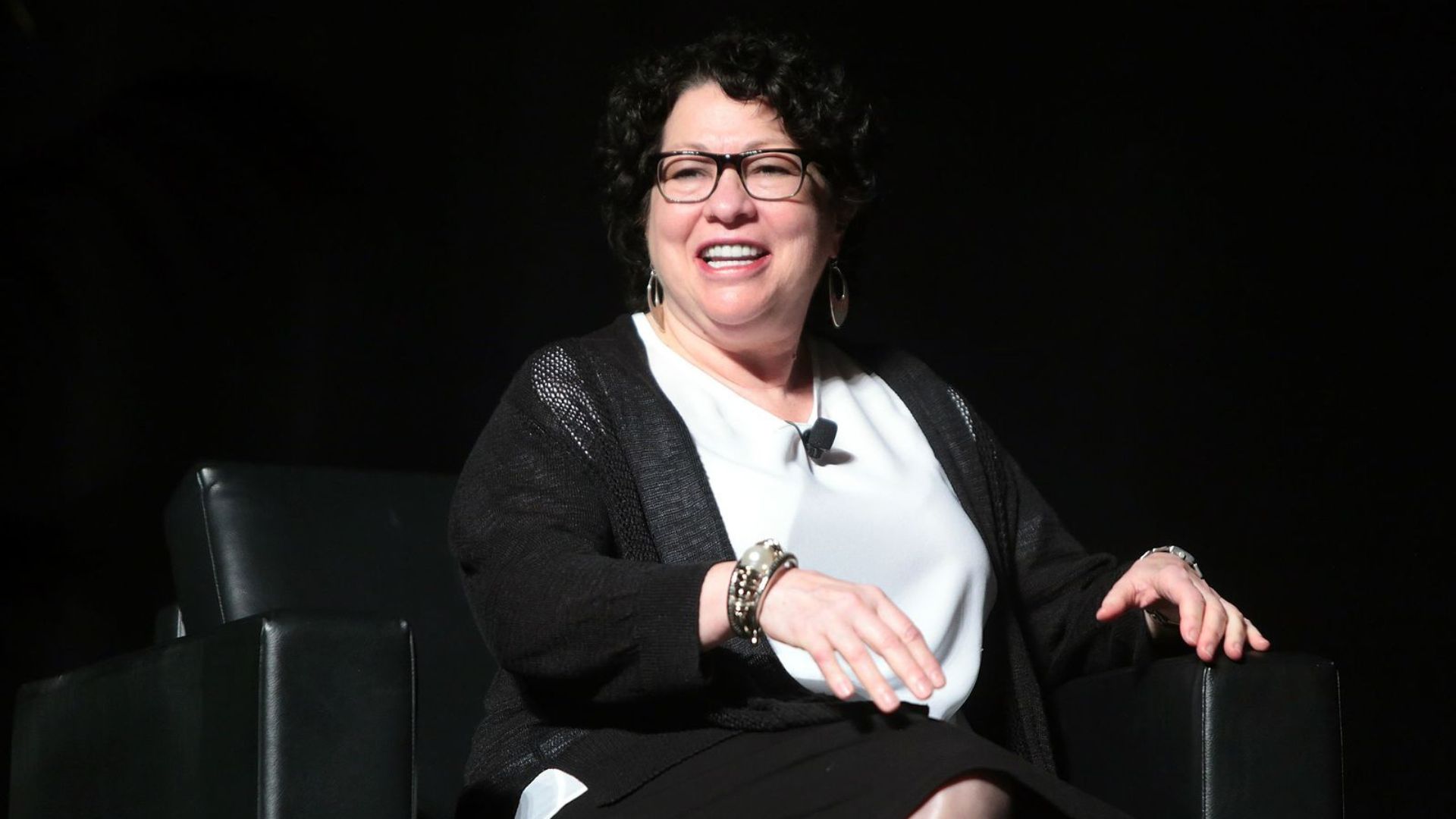
Justice Sonia Sotomayor offered a dire view on the ruling, indicating it could unduly expand presidential power.
Her dissent is a clear disagreement with her peers, focusing on how the decision could disrupt the checks and balances that safeguard American democracy.
Trump Still Faces Legal Hurdles
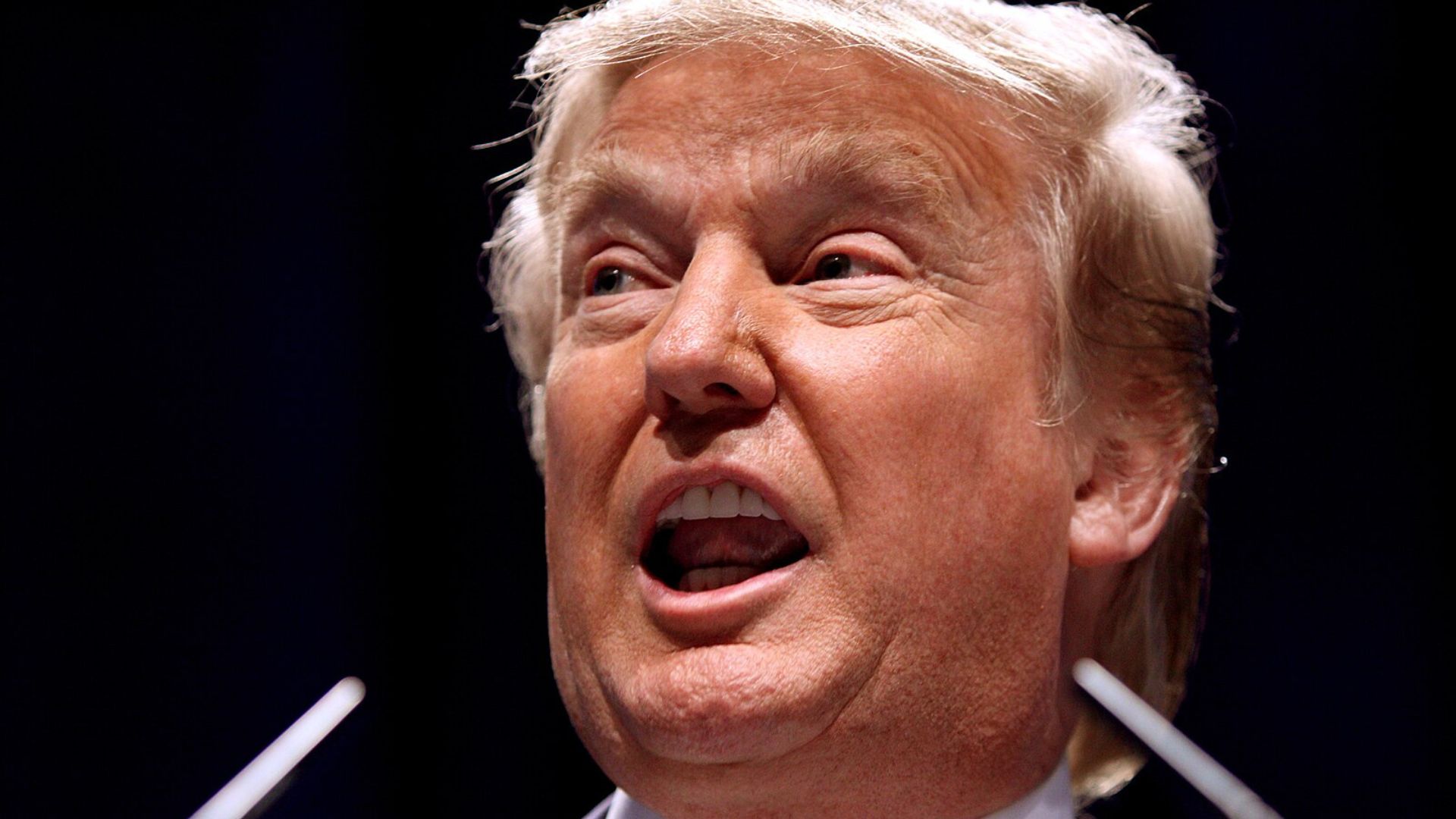
The Supreme Court’s decision doesn’t end Trump’s legal troubles. He continues to face allegations including obstruction of an official proceeding.
The ruling simply organizes the types of presidential acts into categories for legal scrutiny, but does not clear him of possible wrongdoing.
A Closer Look at the Ruling’s Details
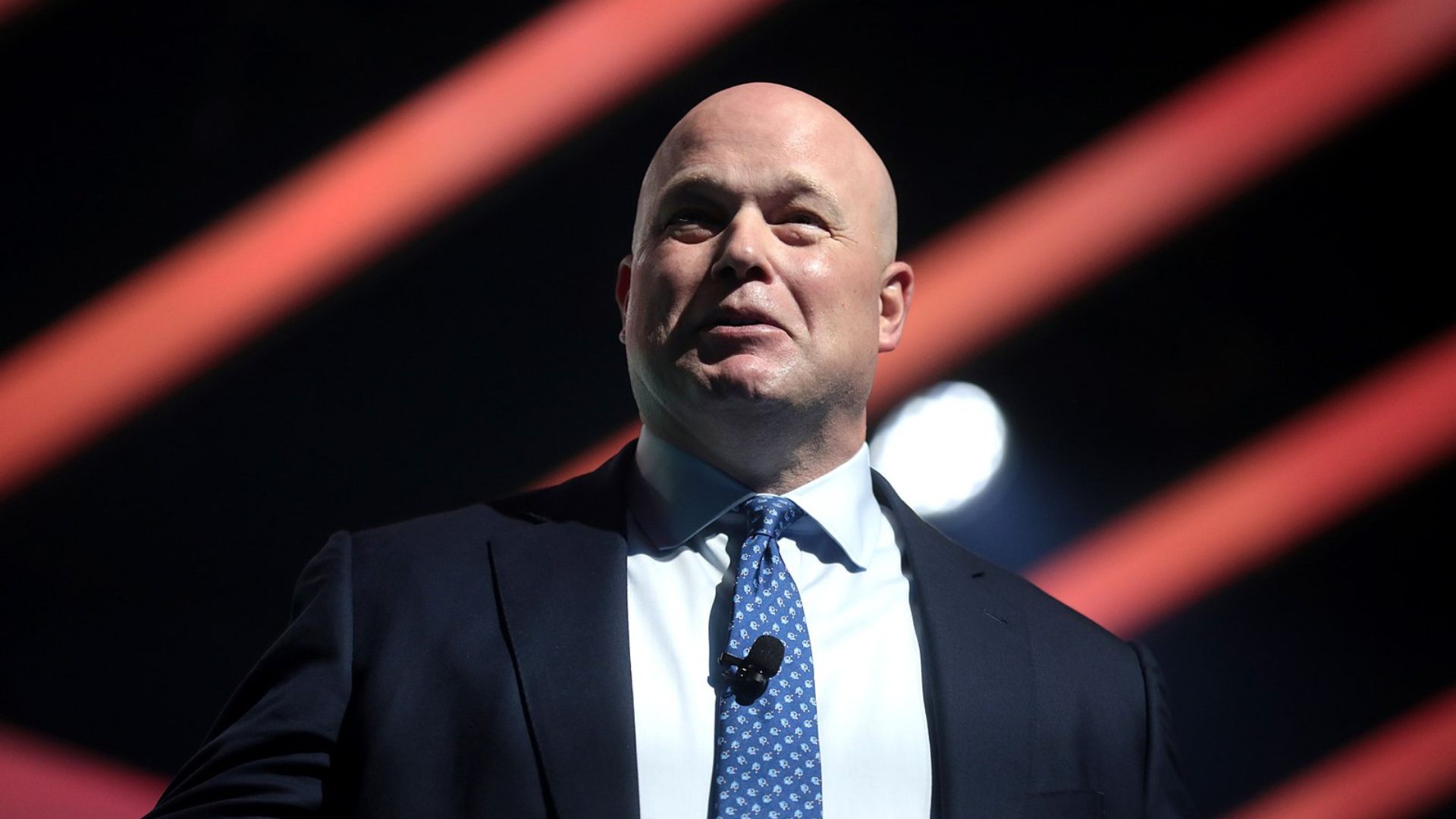
Matthew Whitaker, former acting attorney general under Trump, clarified that the Supreme Court’s decision “does not exonerate President Trump or any future presidents from their acts.”
He highlighted that the decision sets up a process for pre-trial evaluations, not a blanket immunity.
Whitaker Emphasizes Prudence of the Court
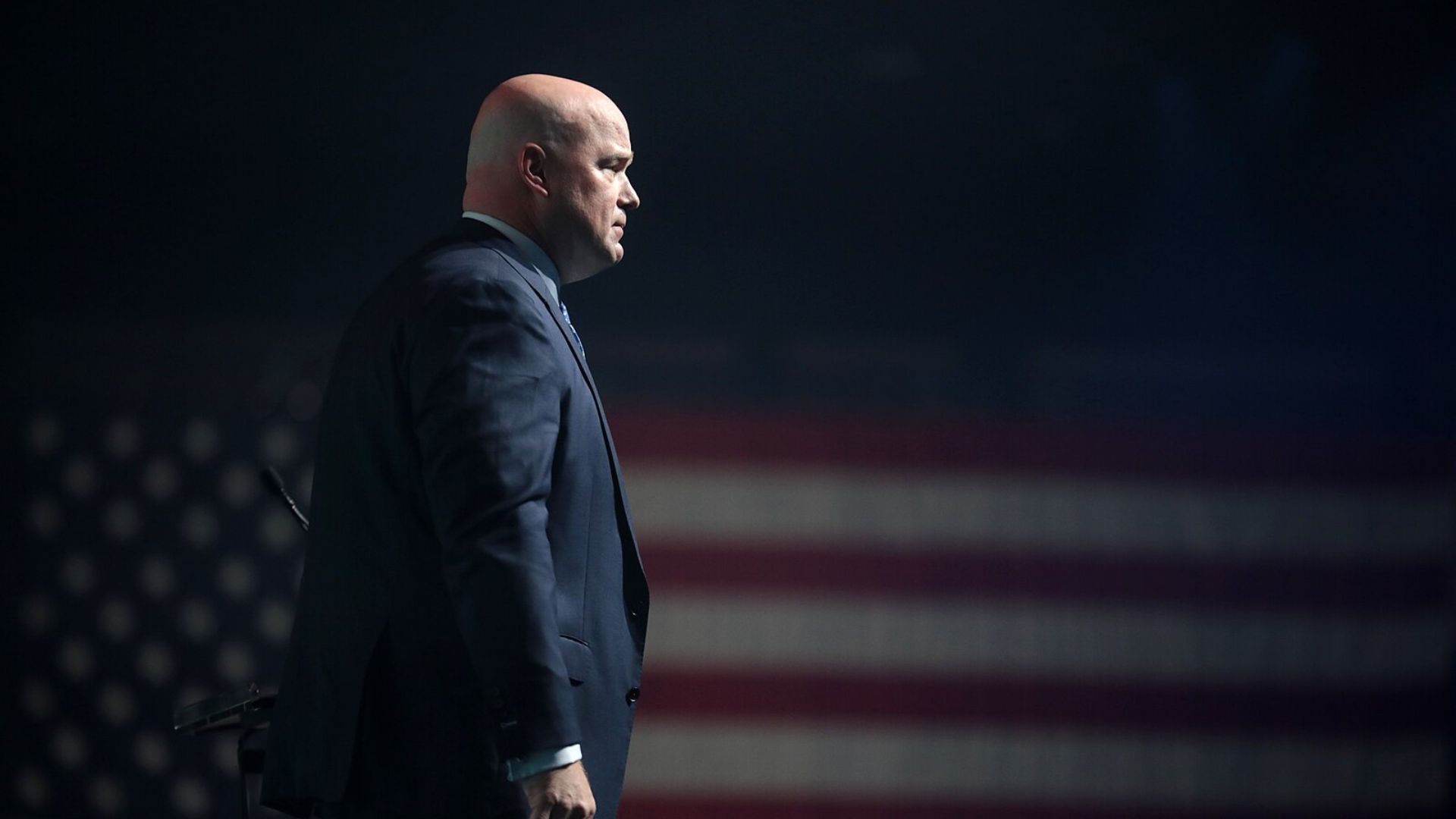
Whitaker commended the Supreme Court for its cautious approach.
He stressed that the ruling was not about prejudging Trump but about establishing clear guidelines for how presidential actions should be judged in court.
The Broader Implications of the Ruling
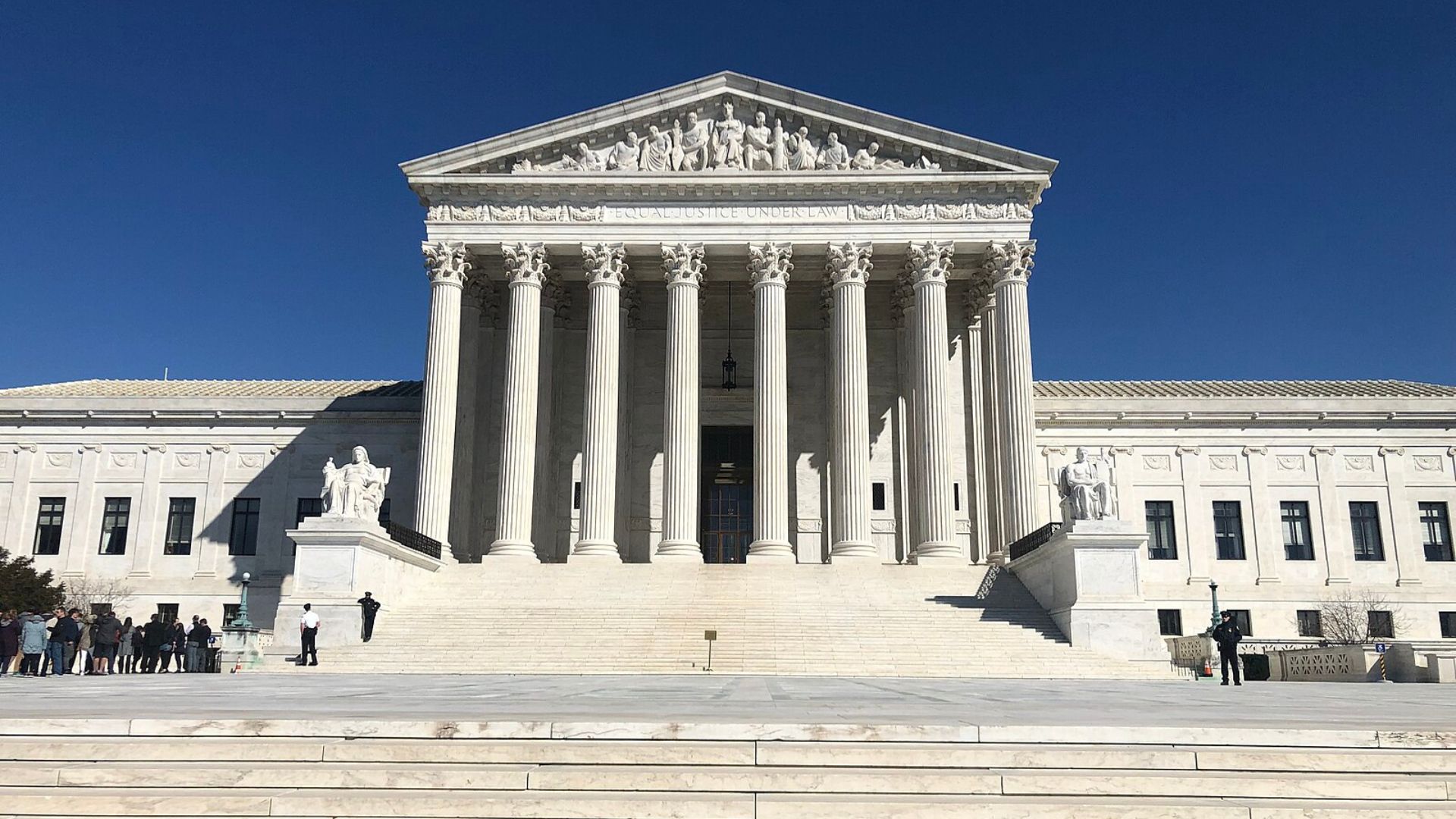
As the dust settles on this landmark decision, the legal and political communities are bracing for its long-term effects.
This ruling isn’t just a footnote in history; it’s a decision that will shape the interpretation of presidential powers and responsibilities for generations to come.
